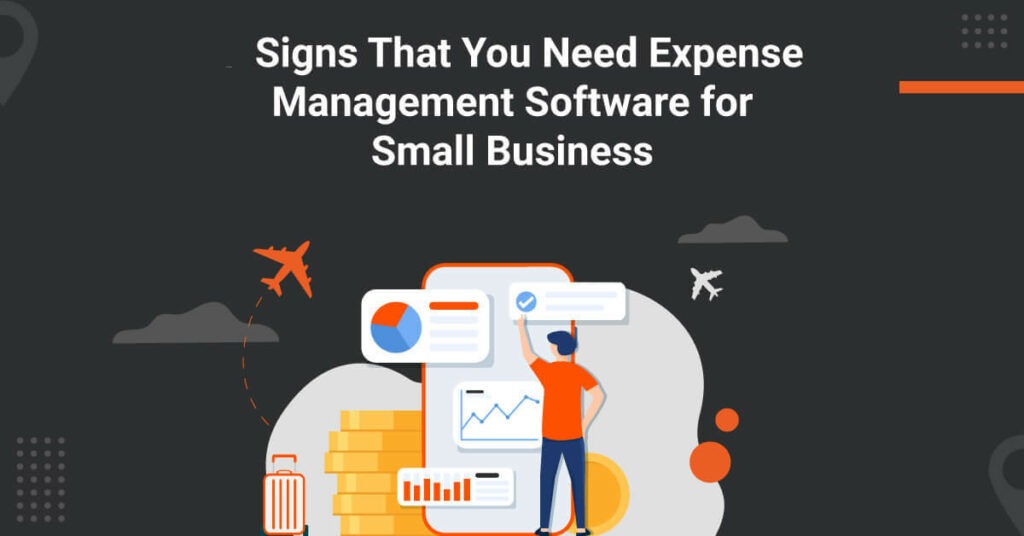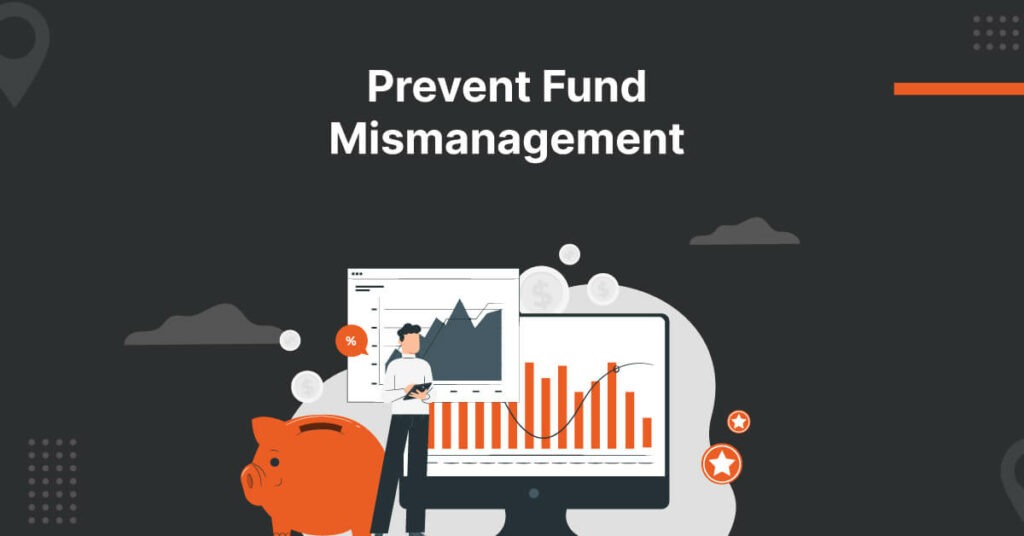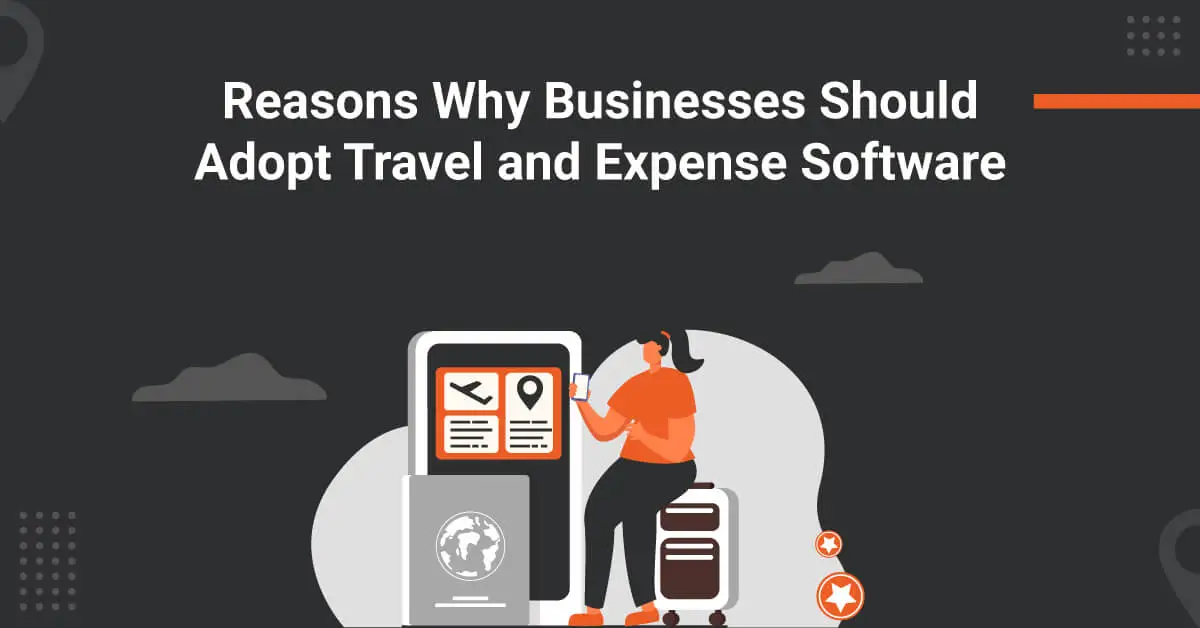
Expense fraud means modifying expense reports to obtain inflated reimbursements. This way, employees attempt to seek personal financial gain at the company’s expense.
The ease of committing employee expense fraud and the detection challenges make it a problem for businesses. Traditional expense management methods, such as spreadsheets and manual receipt submission processes, can further exacerbate the difficulty of identifying fraudulent activities.
Some of how employees can commit expense fraud are:
Methods Employees Use for Expense Fraud
1. Overstating Expenses
Overstating expenses to commit employee expense fraud means that the employee inflates the expense shown on the invoice. As a result, employees claim a higher amount than what was actually spent on expenses such as accommodations, transportation, or meals.
Some ways in which employees overstate expenses are:
- Claiming a $5 meal as a $15 one
- Claiming inaccurate tip amounts for cab, meals, etc.
- Inflating mileage for claiming higher transportation reimbursements
- Booking expensive options for accommodations and flights when economical options are available
2. Claiming Personal Expenses
Instances arise when employees attempt to pass off personal expenses as business-related in order to seek reimbursement. This employee expense fraud is comparatively easy to commit.
One common scenario involves employees incurring personal expenses during business trips. They strategically frame these expenses to resemble business costs.
For instance, an employee submits expense reports claiming reimbursement for meals that were purely personal in nature, such as dining out with friends or family. They misrepresent these expenses as business-related by providing vague descriptions or falsely attributing them to client meetings.
In another case, an employee includes personal costs during bleisure trips, such as hotel stays or rental cars, in their expense reports and presents them as business travel expenses.
3. Claiming Fictious Expenses
Fictitious expense fraud is when an employee attempts to obtain reimbursement for purchases that did not actually occur, usually by providing fake invoices. Such types of employee expense fraud are possible when your company does not mandate providing receipts for expenses lesser than a specified amount.
Sometimes, employees may try to submit expense reports without any receipts, claiming that they have lost them. Other times, employees can create fake receipts using design software. They can also collaborate with suppliers to tamper or get fake receipts for purchases that were not made.
4. Duplicating Submissions
A common way employees commit expense fraud is by duplicating submissions. In this practice, an employee submits multiple pieces of documentation for the same expense.
These submissions might be made under the same category or different ones to increase the chance of getting reimbursed more than once. For example, an employee could submit an expense for office supplies both as a general office expense and as a departmental expense.
In another case, two employees might have dinner together. Instead of splitting the bill and each claiming their part, they both submit the full amount as if each paid for the entire meal. This way, they aim to get reimbursed for the same expense twice, defrauding the company.
5. Claiming Refunded Expenses
In some cases, employees commit refunded employee expense fraud by buying an item, getting a refund for it, and then submitting the original purchase receipt for reimbursement.
For example, an employee might book a hotel for a business trip and submit the receipt for reimbursement. If the reservation is canceled and the employee gets a refund, they could still submit the original receipt, claiming reimbursement for a trip they no longer took.
In another case, an employee buys a product for business use and later gets a refund. Instead of returning the refunded amount to the company, they submit the original purchase receipt for reimbursement, getting money for an expense they no longer paid.
6. Claiming Out-of-policy Expenses
At times, certain expenses fall outside the scope of the business reimbursement policy. Even with a well-established expense policy, ensuring universal compliance among employees can be challenging. Minor violations often go unnoticed if they do not attract significant attention.
One common category of out-of-policy expenses includes items such as alcohol. These items, while potentially linked to business activities in some cases, are not typically eligible for reimbursement.
Why Do Employees Commit Expense Fraud?
Employee Expense fraud can be driven by various motivations. Usually, employees engage in expense fraud with the intention of attaining financial gain. This dishonest behavior can be driven by a desire for increased income or an attempt to address personal financial difficulties.
In some cases, employees commit expense fraud for personal gain unrelated to financial needs. This could involve obtaining goods or services for personal use under the guise of business expenses.
Pressure and stress within the workplace can push employees towards fraudulent activities. For instance, employees facing performance targets may succumb to the temptation of falsifying expenses to create the appearance of meeting those goals.
Further, some employees may exhibit apathy towards the company and its policies. They may view employee expense fraud as a form of passive rebellion or disregard for the rules.
How can you Prevent Expense Fraud?
To prevent expense fraud within an organization, you can implement several measures.
1. Maintain an Updated Expense Policy
It is crucial to keep the expense policy current and aligned with the company’s evolving business needs.
2. Conduct Regular Audits
These audits should be conducted systematically and randomly to ensure a comprehensive review of expense claims.
3. Implement Disciplinary Actions
Establishing a clear framework of disciplinary actions for employees who engage in employee expense fraud acts as a deterrent. Employees should be aware of the consequences they will face if they violate the expense policy.
4. Utilize Expense Management Tools
Technology can be leveraged through the use of expense management software. These tools automate the expense reporting and reimbursement process, making it harder for employees to falsify expenses.
5. Promote Transparency and Communication
Encourage open communication and transparency regarding the expense policy and procedures. Organizations should establish channels for employees to ask questions, seek clarification, or raise concerns related to the expense policy.
Control Employee Expense Fraud at Your Organization
It has become increasingly evident that relying solely on manual methods to monitor and prevent expense fraud is not sufficient anymore. As technology advances, you must leverage tools such as expense management software.
itilite is an advanced expense management software solution that provides access to a powerful automatic fraud detection feature that keeps a vigilant eye on expense reports.
The software intelligently scans expense submissions, comparing them against your company’s expense policy. Any reports that deviate from the policy are promptly flagged, alerting you to potential fraudulent activities.
Further, with real-time reporting, you can easily keep track of employee expenses and promptly identify any suspicious activity.
Contact us today to schedule your free demo.











